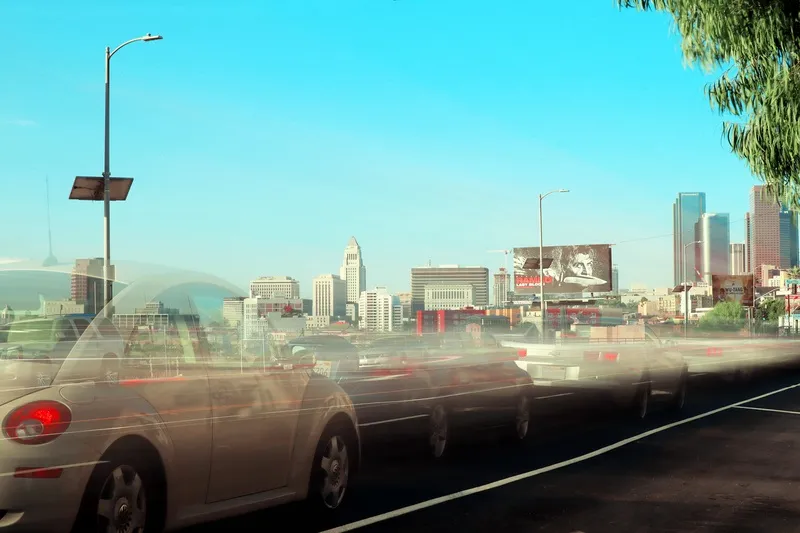
The Michigan booth here at ITS America 2016 San Jose introduces “
Visitors to the booth will learn how the state that put the world on wheels is leading the next generation of mobility.
As the line between technology and transportation continues to blur, Michigan aims to resume its role as a worldwide leader. Detroit automakers and other Michigan manufacturers are driving investments and partnerships that merge advanced manufacturing experience with innovative new technologies.
The
Michigan is where big ideas in mobility are born as visitors to the booth will learn. Planet M represents Michigan’s legacy, its leadership and its future. And the state has much to offer. It is home to the largest deployment of freeway and surface street V2I technology in the United States. Michigan is also home to Mcity, a 32-acre connected and autonomous vehicle testing site that simulates urban and suburban environments.
In the final stages of approval, The American Centre for Mobility, a 335-
acre site, targeted to open in 2017, will provide additional testing and validation resources, including higher speeds and interaction with rail and flight.
Most recently, Michigan introduced a bipartisan package of bills that would allow self-driving cars to operate on any Michigan road and eliminate the need for a driver to be behind the wheel while in operation and also approved the creation of on-demand autonomous vehicle networks operated by manufacturers, for example General Motors and Lyft.








